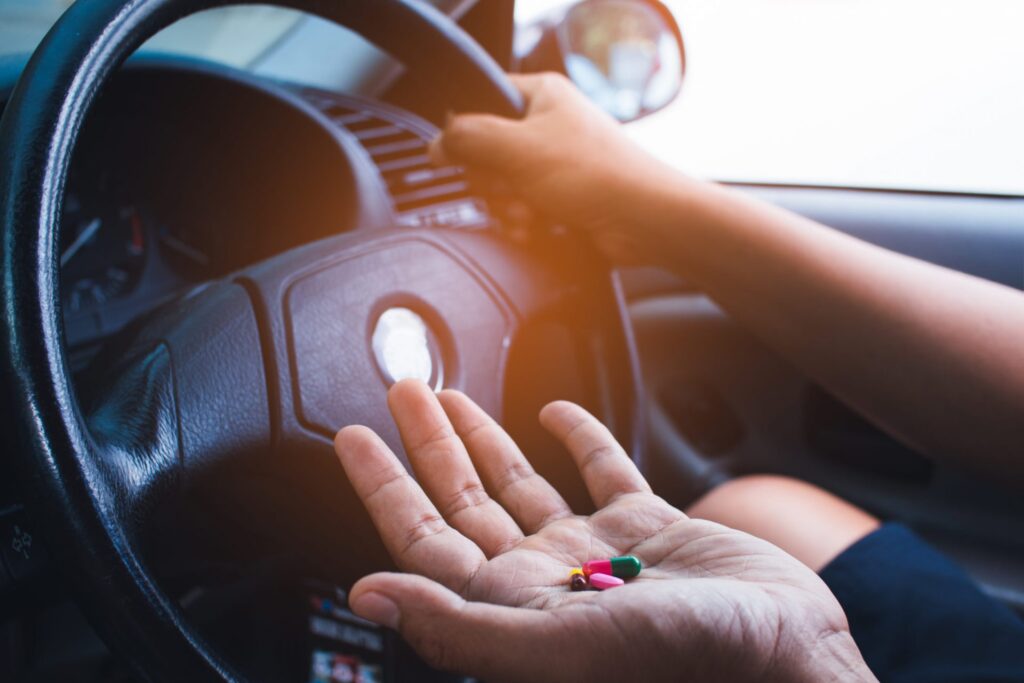Different states all have their own sets of criminal laws, and their own ways of enforcing them. That’s why, while both Maine and New Hampshire agree that operating under the influence (OUI) is illegal, the penalties that you can face are different, depending on which state you get arrested in.
But states are also different from each other in how they choose to enforce their laws. For example, South Dakota recently made headlines by forcefully using catheters to get urine samples from OUI suspects. Now, Michigan has passed a law that allows police to test a driver’s saliva if he or she is suspected of driving while under the influence of drugs.
Drugged Driving is a Complex Problem
OUI laws are ambiguous when it comes to what substance is at issue. While people tend to only think about drunk driving, OUIs also include people who drive while drugged. However, drugged driving opens up a whole can of worms because there are a lot of drugs out there, with each one affecting people in unique ways. Worse, detecting different kinds of drugs requires different testing methods, and each drug stays in your bloodstream for different lengths of time. To top it off, different drugs become intoxicating in different amounts.
Because of all of these complexities, drugged driving laws are notoriously difficult to enforce, resulting in numerous injustices to innocent people. The science simply hasn’t caught up with the legal issue.
Unfortunately, that’s not stopping law makers in Michigan.
Michigan to Conduct Saliva Tests for OUI Suspects
A new bill just got signed into law in Michigan that allows police to conduct saliva testing for people that they suspect of drugged driving.
In theory, this law would allow police to better determine who was intoxicated enough to be considered “under the influence” of drugs.
However, in reality, saliva testing actually sets things further back, because it allows police to gather misleading evidence of a crime.
For example, say that police suspect someone of drugged driving. They conduct a saliva test, and the driver tests positive for THC, a chemical found in marijuana. Prosecutors rely on this evidence in trial, and the driver gets convicted for OUI.
THC, however, stays in your saliva for up to 12 hours, far longer than any of the drug’s intoxicating effects. You can test positive for THC, even though you are perfectly sober and not under the influence of any drug. However, this positive drug test can be used against you in court, and will weigh heavily on the jury’s mind.
Maine OUI-Defense Attorney William T. Bly
This new law in Michigan has many faults. The most basic of these is that it cannot accomplish the single goal that it sets out to do: Provide a better way to enforce drugged driving laws. Unfortunately, the end result of this law will be innocent people being charged and convicted for OUI crimes that they are not guilty of.
William T. Bly is an OUI-defense attorney in the state of Maine. If you’ve been charged with OUI, contact his law office online or at (207) 571-8146.


